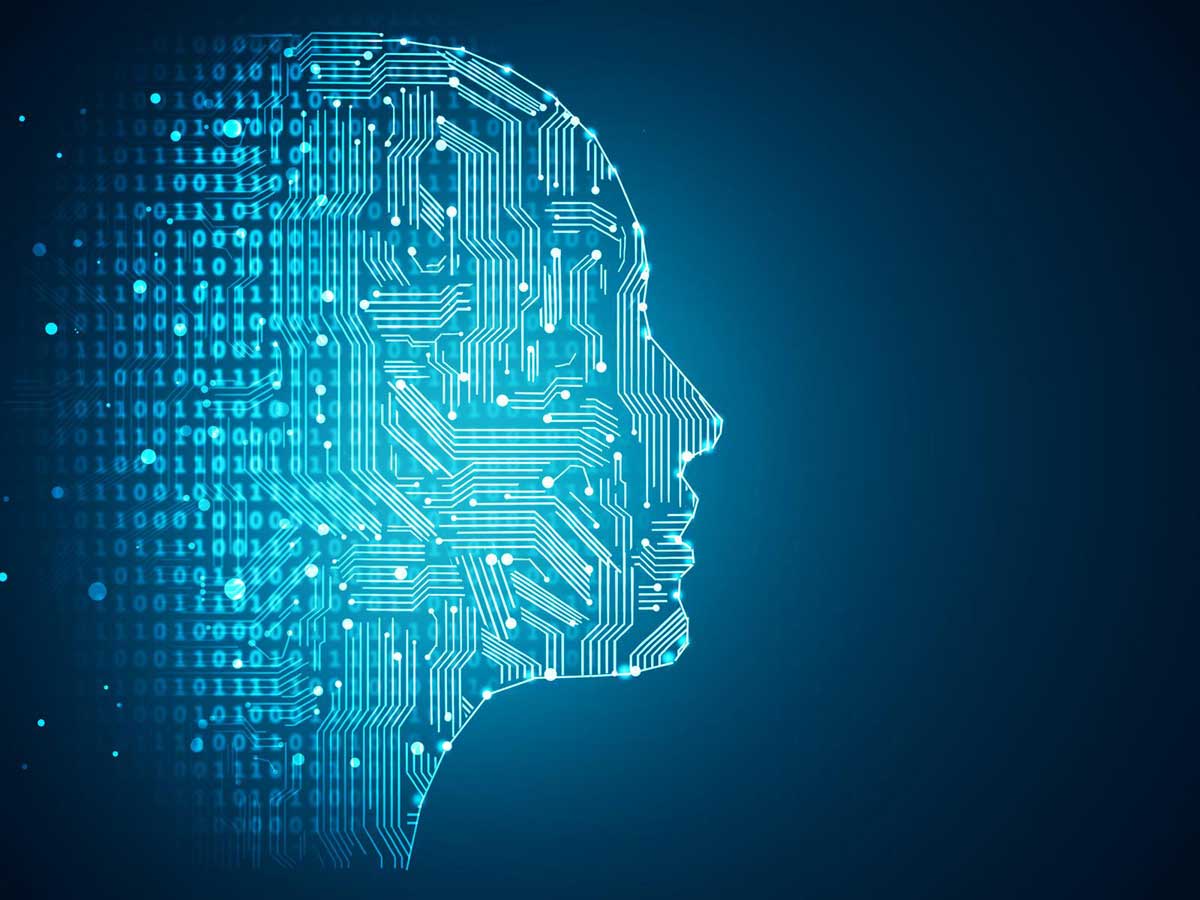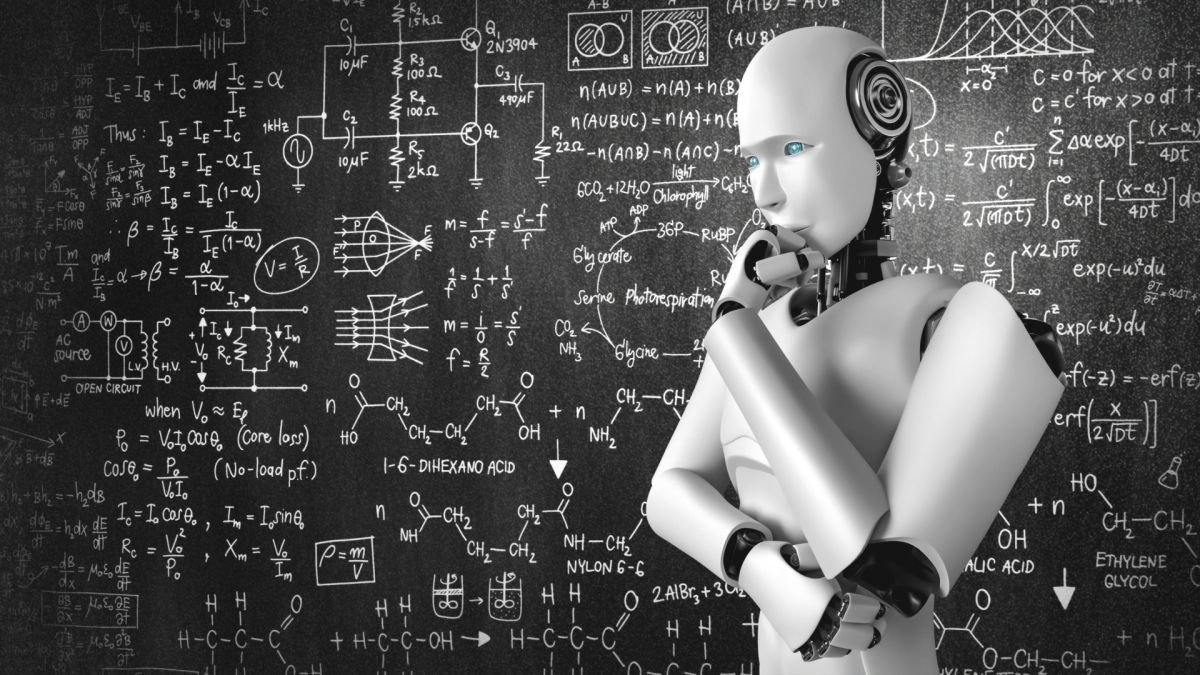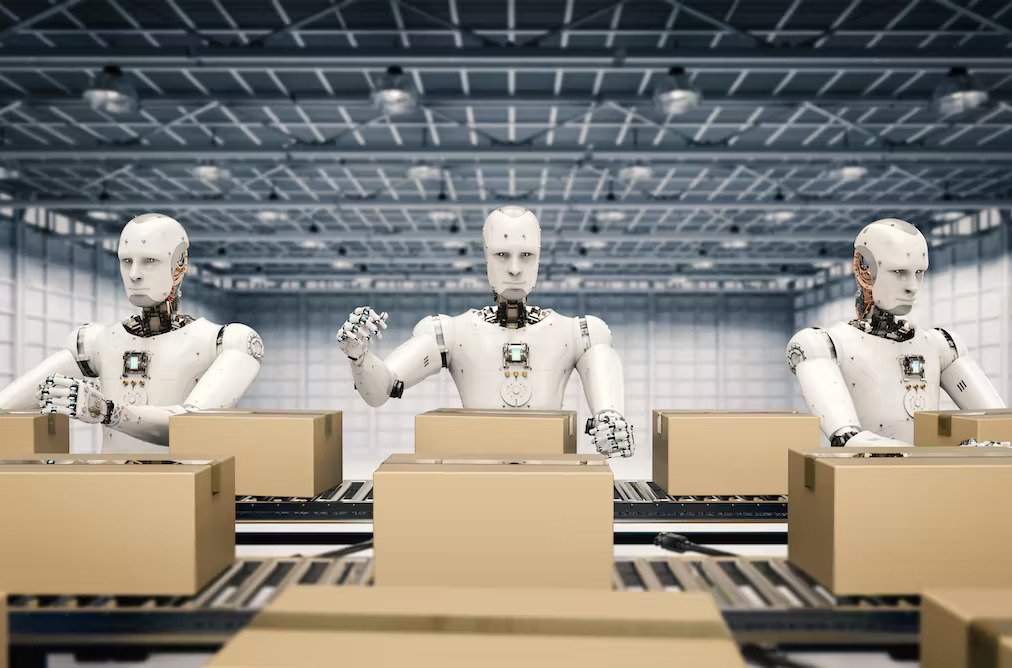Artificial intelligence has come a long way since its inception, and its potential to transform society is becoming more evident each day. As AI technology continues to evolve, it begs the question: will AI eventually surpass human intelligence?
While some experts argue that it’s only a matter of time before AI surpasses humans, others contend that the human brain is too complex to be replicated. In this blog, we will explore both sides of the debate and provide a nuanced analysis of the future of AI.
Can AI to surpass human intelligence?
Artificial intelligence has made significant progress in recent years, and many experts believe that it has the potential to surpass human intelligence in the future. The key to AI’s potential is its ability to learn and adapt based on experience, something that humans are limited in doing. This could lead to the development of more efficient and effective problem-solving algorithms, which could revolutionize various fields, including healthcare, finance, and transportation. However, some experts argue that this possibility is overstated, as the human brain is too complex to replicate entirely, and that there are limitations to what AI can achieve.
Limitations of AI
While AI has made significant progress, it is still limited in many ways, and there are areas where it is less effective than humans. For example, AI struggles with creativity, emotion, and empathy, which are all traits that are essential to human intelligence. The human brain is incredibly complex, and replicating its functionality in AI is a significant challenge. Additionally, while AI can process vast amounts of data quickly, it struggles with abstract thinking and understanding context, which are both essential to many human activities.
Ethical Implications
The possibility of superintelligent AI raises several ethical concerns. If AI were to surpass human intelligence, it could have a significant impact on society, and it is essential to consider the potential consequences. One concern is that superintelligent AI could become autonomous, making decisions that have far-reaching consequences without human intervention. Additionally, the development of superintelligent AI could exacerbate existing inequalities, as those who have access to the technology could have significant advantages over those who do not.
Role of Humans in AI Development
Despite the possibility of AI surpassing human intelligence, humans will still play a crucial role in its development and control. Humans are responsible for creating the algorithms that govern AI, and they must ensure that these algorithms are aligned with human values and interests. Additionally, humans must regulate the development of AI to ensure that it is used for the betterment of society.
Transparency and Accountability
Transparency and accountability are essential in the development of AI. AI algorithms are complex and difficult to understand, which makes it challenging to ensure that they are working as intended. Therefore, it is crucial to have transparency in AI development to understand how the technology is being used and to ensure that it aligns with human values. Additionally, accountability is essential to hold individuals and organizations responsible for the impact of AI on society.
Humans and AI Collaboration
While AI has the potential to surpass human intelligence, it is essential to recognize the potential for collaboration between humans and AI. AI can augment human abilities, providing new insights and solutions that would not be possible without the technology. Additionally, AI can handle mundane and repetitive tasks, freeing up humans to focus on more creative and fulfilling activities. Therefore, collaboration between humans and AI has the potential to revolutionize society and lead to significant improvements in various fields.
Conclusion
While the possibility of AI surpassing human intelligence is both intriguing and concerning, it is important to consider the nuances and complexities of the issue. It is unlikely that AI will ever fully replace human intelligence, but it may augment and enhance our abilities in ways we cannot yet imagine. As such, it is crucial that we continue to invest in AI research and development, while also prioritizing transparency, accountability, and collaboration between humans and AI. With careful consideration and foresight, we can harness the power of AI to benefit society while minimizing the risks associated with superintelligent AI.





Leave A Comment